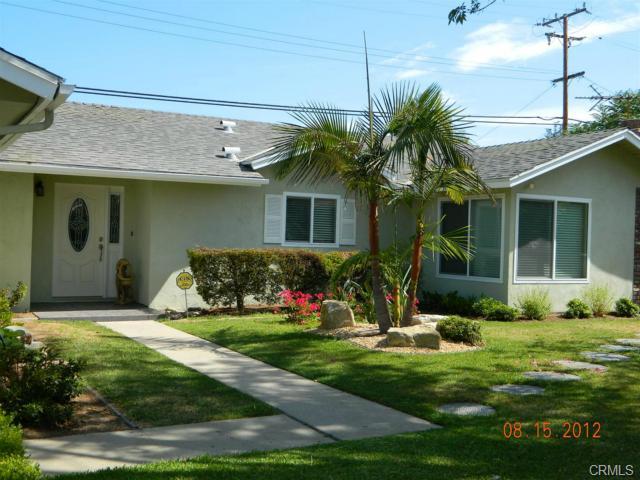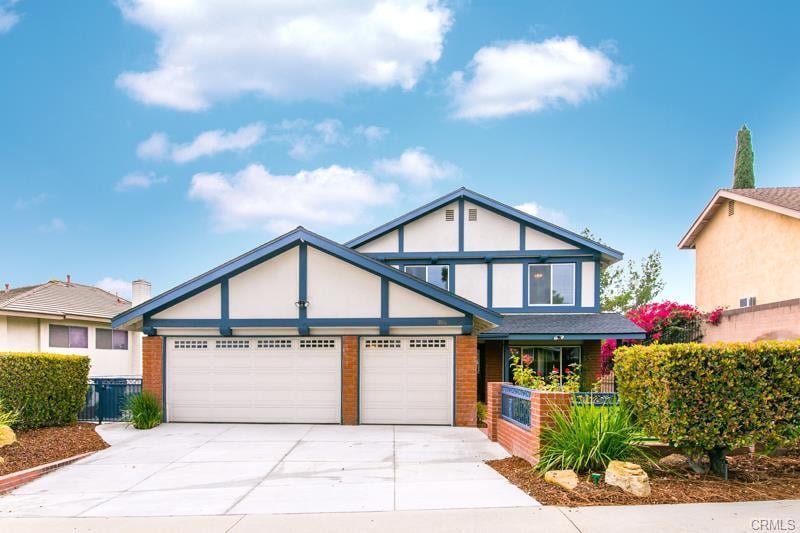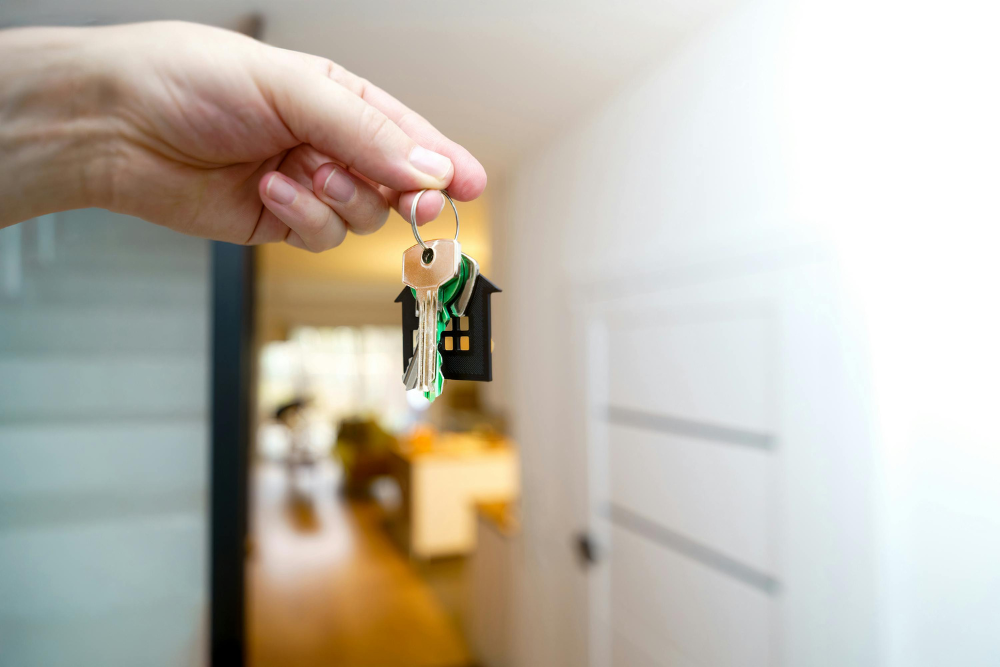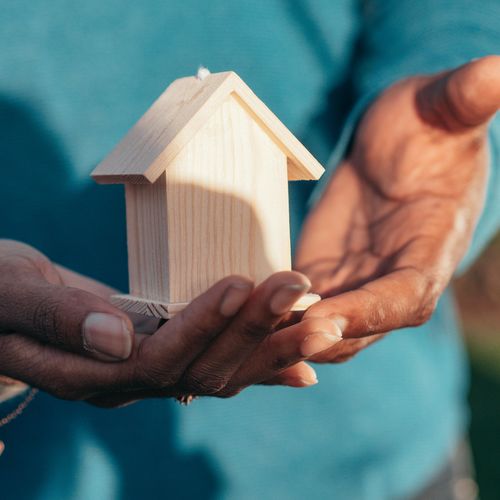Inheriting a house may feel like both a gift and a challenge. For many families, a home represents cherished memories, financial security, or even a fresh start. But if the property must go through probate, the legal and financial process can add complications. Understanding the pros and cons of inheriting a house in probate helps heirs make informed decisions and avoid surprises.
This guide explores what probate involves, the benefits and drawbacks of inheriting a house through it, how mortgages are handled, and key factors to consider before deciding whether to keep or sell the property.
What Is Probate?
Probate is the legal process used to validate a will (if one exists), settle debts, and distribute assets after a person passes away. The probate court oversees this process to ensure that everything is handled according to state law. When a house is part of the estate, it becomes subject to probate unless ownership was already transferred through a trust, joint tenancy, or another method. Probate ensures debts are paid before heirs receive their inheritance. While this provides fairness, it can also create delays and costs.
Pros of Inheriting a House in Probate
While probate has a reputation for being slow and costly, it also provides benefits that protect heirs.
1. Clear Legal Ownership
Probate establishes formal, court-verified ownership of the property. Once the process is complete, heirs receive a clean title that can be used for selling, refinancing, or passing the property on to future generations. This reduces risk of disputes later.
2. Debt Resolution
Probate requires the executor to notify creditors and resolve outstanding debts. This means mortgage lenders, tax authorities, or personal creditors must come forward during the process. Once debts are resolved, heirs have legal protection against later claims.
3. Transparency and Oversight
Because probate is court-supervised, all actions are recorded. Heirs can see appraisals, inventories, and distributions. This transparency helps avoid family conflicts and ensures assets are handled fairly.
4. Structured Handling of Disputes
If there are disagreements among heirs, probate provides a legal pathway to resolve them. The court can make decisions, reducing the chance of long-term disputes.
5. Tax Basis Benefits
Inheriting property often comes with a “step-up” in tax basis, meaning the home’s value is reset to its market value at the date of death. If you later sell, your capital gains tax is based on the new value, which can save you thousands of dollars in taxes.
Cons of Inheriting a House in Probate
Despite these advantages, inheriting a house through probate can create challenges for heirs.
1. Delayed Access
Probate can last months or even years depending on state laws and the complexity of the estate. During this period, heirs cannot fully control the property, making it difficult to sell, rent, or remodel.
2. Legal and Court Fees
Executor fees, attorney costs, appraisals, and court charges must be paid. These expenses reduce the estate’s value, leaving heirs with less than expected.
3. Ongoing Financial Responsibility
Even while probate is pending, the house needs upkeep. Property taxes, insurance, repairs, and mortgage payments still need to be made. If no liquid assets exist in the estate, heirs or executors may have to pay out-of-pocket.
4. Public Process
Probate is part of the public record. This means financial and property details become accessible to anyone, reducing privacy for heirs.
5. Possible Loss of Property
If the estate cannot cover the mortgage or other debts, the executor may have to sell the house. In some cases, foreclosure becomes a risk if payments lapse.
6. Maintenance Burden
Older homes may require significant repairs. Taking on responsibility for upkeep can strain heirs financially and emotionally.
7. Property Tax Reassessment
Some states reassess property taxes when ownership changes, leading to much higher annual taxes for heirs.
Who Pays Mortgage During Probate?
One of the most important questions families ask is: who pays mortgage during probate?
The executor of the estate is responsible for making sure mortgage payments continue while probate is open. Payments usually come from estate funds.
If the estate lacks cash, heirs may need to step in temporarily to prevent foreclosure.
Once probate is complete, heirs who inherit the house generally take over the mortgage by assuming it or refinancing in their own name.
If heirs cannot afford the payments, the executor may be forced to sell the home to satisfy the debt.
Federal law often prevents lenders from demanding immediate full repayment just because ownership changes due to death, allowing heirs to continue payments.
In short, the mortgage doesn’t disappear during probate. Someone, either the estate or heirs, must ensure payments are made to protect the property.
Common Scenarios
Here are examples of how probate and mortgages intersect:
Estate with Cash Available
The executor uses estate funds to cover the mortgage until heirs decide whether to keep or sell the home.Estate Without Cash
Heirs may contribute their own money to cover mortgage payments. If that’s not possible, the house may need to be sold quickly.Multiple Heirs
If heirs disagree, the court may order the property sold and proceeds divided.Heir Wants to Keep the House
The heir may refinance into their own name, pay off other heirs for their shares, or assume the mortgage if allowed.Heirs Walk Away
Heirs can disclaim the inheritance. In that case, the property may be sold by the estate to pay debts.
Key Considerations Before Deciding to Keep or Sell
When inheriting a house in probate, consider:
Mortgage balance vs. property value.
Monthly costs (taxes, insurance, utilities, maintenance).
Ability to qualify for refinancing if needed.
Emotional value vs. financial burden.
Tax consequences of selling immediately versus keeping long-term.
Summary: Pros and Cons of Inheriting a House in Probate
Here is a clear comparison of the benefits and drawbacks:
| Pros | Cons |
|---|---|
| Provides clear legal ownership | Probate can take months or years |
| Ensures debts are resolved legally | Court, attorney, and executor fees reduce estate value |
| Transparency for heirs | Mortgage, taxes, and upkeep continue during probate |
| Court oversight for disputes | Risk of foreclosure if payments lapse |
| Step-up in tax basis reduces capital gains | Property details become public |
| Potential for fair division of assets | Property taxes may increase after inheritance |
| Ability to sell with clean title | Maintenance and repair costs may be high |

Real-World Case Studies of Inheriting a House in Probate
To better understand how probate affects heirs, let’s look at some real examples. These scenarios highlight both the opportunities and pitfalls of inheriting property.
Case Study 1: Smooth Inheritance With No Mortgage
Maria inherited her parents’ home after they passed away. Fortunately, the house was fully paid off and in good condition. While probate took nearly 10 months, there were no major disputes among heirs.
Pros: Maria ended up with a home free of debt, a step-up in tax basis, and the option to either live in it or sell it at market value.
Cons: During probate, she still had to pay insurance, utilities, and property taxes, which required using her savings until she was reimbursed from the estate.
Lesson: A debt-free property is much easier to inherit, but heirs should still budget for maintenance costs during probate.
Case Study 2: Mortgage Payments Strain the Estate
John and his sister inherited their father’s suburban house. Their father still owed $250,000 on the mortgage. The estate had limited liquid funds, so John and his sister had to personally cover payments during the probate process to prevent foreclosure.
Pros: By keeping payments current, they preserved the property and later sold it for a profit.
Cons: The financial strain was significant. They each contributed several thousand dollars out-of-pocket before the sale closed.
Lesson: Knowing who pays mortgage during probate is critical. If the estate lacks cash, heirs may need to step in or risk losing the property.
Case Study 3: Heirs in Disagreement
Three siblings inherited their mother’s house. Two wanted to sell and split the money, while one wanted to keep living there. The disagreement dragged probate on for over a year, with court involvement needed to approve a sale.
Pros: The eventual sale allowed each sibling to receive their fair share.
Cons: Legal fees increased, the house sat vacant and declined in value, and family relationships were strained.
Lesson: Multiple heirs with different goals often face disputes. Open communication and legal mediation can help avoid drawn-out court battles.
Case Study 4: House in Poor Condition
Lisa inherited her uncle’s house, but the property had been neglected for years. Probate confirmed her ownership, but she discovered major issues: a leaking roof, outdated electrical wiring, and unpaid property taxes.
Pros: After repairs, she sold it at a profit due to a rising housing market.
Cons: She had to invest thousands upfront for urgent repairs and ongoing mortgage payments. The process was stressful and expensive.
Lesson: An inherited property may come with hidden costs. Inspections during probate can reveal whether keeping or selling is smarter.
Case Study 5: Walking Away From an Inheritance
David was named the heir to his cousin’s home. The property had a large mortgage and liens that exceeded its market value. Instead of accepting the inheritance, David filed a disclaimer. The executor sold the house to cover debts, and David avoided being tied to a financial burden.
Pros: David avoided inheriting more debt than value.
Cons: He lost the opportunity to keep a property that had sentimental value.
Lesson: Sometimes, the best decision is to decline an inheritance if the liabilities outweigh the benefits.
Why Case Studies Matter?
These real-world examples show that inheriting a house in probate is not one-size-fits-all. Success often depends on:
Whether the house has a mortgage.
How many heirs are involved.
The property’s condition.
The estate’s liquidity.
The heirs’ ability to manage costs during probate.
By learning from these scenarios, heirs can prepare themselves for both the challenges and opportunities that may arise.
Conclusion
Inheriting a house in probate can be both rewarding and challenging. On one hand, it provides clear ownership, fairness, and potential tax benefits. On the other, it brings delays, costs, and financial responsibilities.
The biggest factor is understanding who pays the mortgage during probate. If you can, the home may be a valuable asset. If not, selling may be the smarter choice.
FAQs
1. Do heirs have to pay the mortgage during probate?
Yes, the mortgage must continue to be paid. Usually, the executor uses estate funds. If none exist, heirs may need to step in to prevent foreclosure.
2. Can heirs sell a house before probate ends?
Generally, no. The court must first authorize the transfer of ownership. Sales usually occur after probate is complete.
3. What happens if heirs don’t want the house?
Heirs can disclaim the inheritance. The executor may then sell the house and distribute proceeds after debts are paid.
4. Are there tax benefits to inheriting property?
Yes, most heirs receive a step-up in tax basis. This reduces capital gains taxes if the property is sold at current market value.
5. How long does probate take for a house?
Probate can take anywhere from a few months to over a year depending on state laws, court backlog, and whether disputes arise.
If you are inheriting a home and want clear guidance on probate, mortgage obligations, and whether selling or keeping the property makes sense, contact Jack Ma Real Estate. Their team can help you evaluate the home’s value, weigh the pros and cons, and make the process smoother so you protect both your inheritance and your peace of mind.



